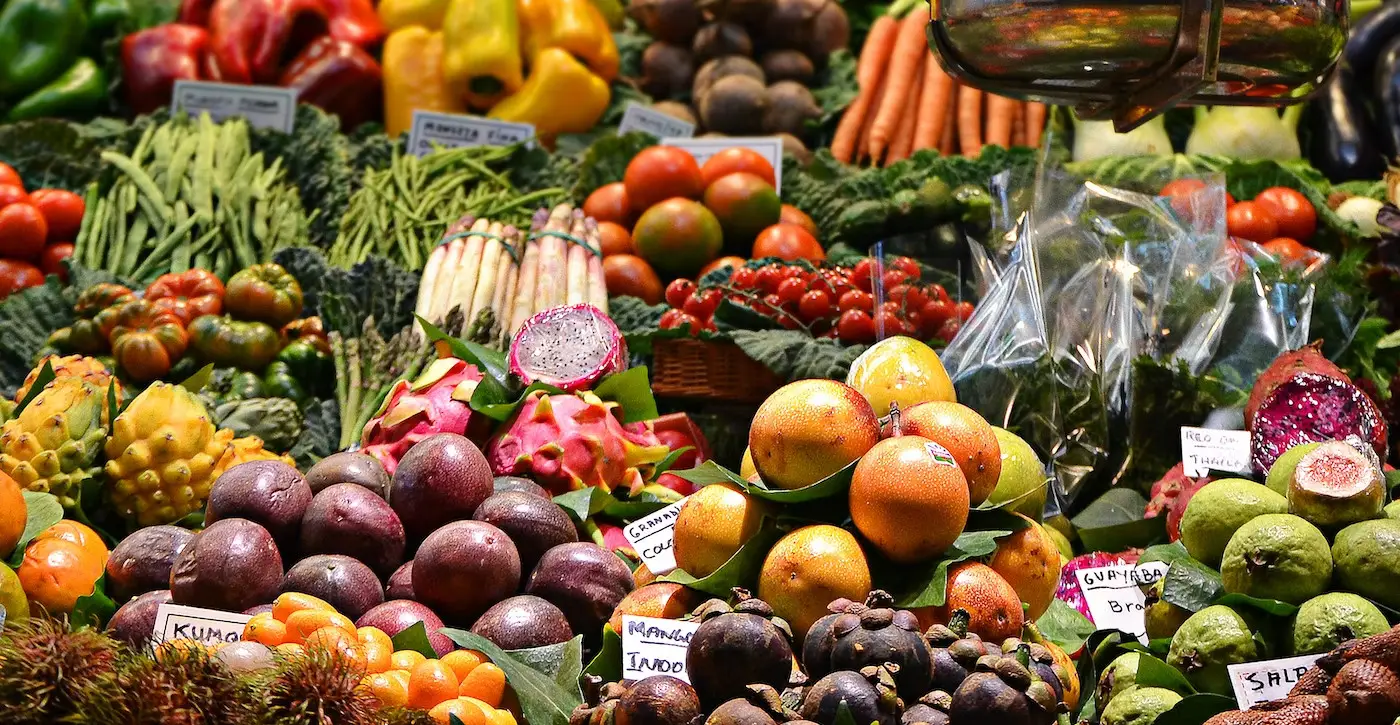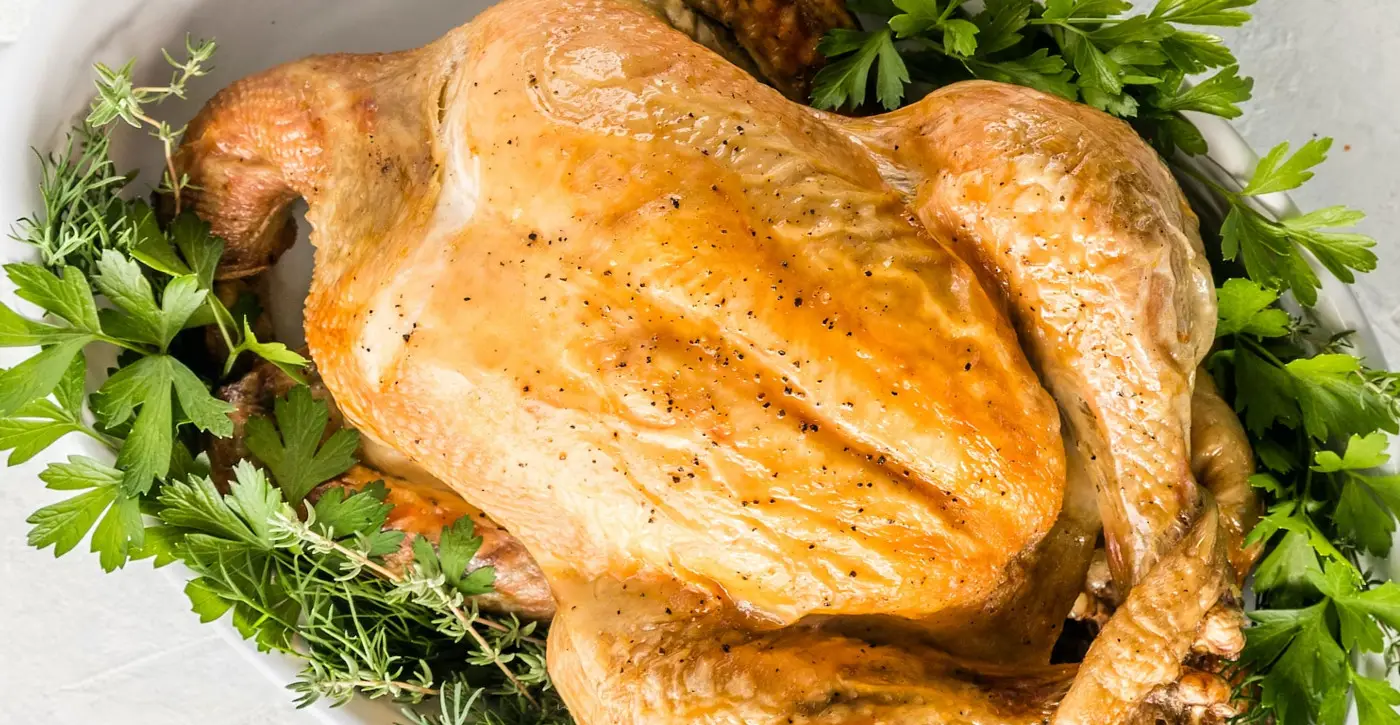Parsnip Lysine and Arginine Info Sheet
Overview
A parsnip is a root vegetable that is closely related to the carrot and parsley.Parsnips can be used in a variety of ways in the kitchen, such as roasting, boiling, mashing, frying, or adding to soups and stews.
Parsnips are a good source of potassium and fiber, providing essential nutrients for a balanced diet.
They also contain antioxidants, which can help protect the body from harmful free radicals.
| Name | Lysine (mg/100g) | Arginine (mg/100g) | Ratio |
|---|---|---|---|
| Parsnip | 58.6mg | 64mg | 0.92 |
Parsnip contains 58.6mg of Lysine and 64mg of Arginine per 100g of product.
This means Parsnip has a neutral Lysine-Arginine ratio of 0.92.
Because Parsnip has a neutral ratio of lysine and arginine, it does not have a significant impact on people who suffer from herpes, as it does not affect the viral activity.
Lysine Considerations
While a parsnip is not a rich source of lysine, it does contain this essential amino acid that supports protein synthesis, collagen formation, and immune function.
It is one of the nine amino acids that the human body cannot make by itself, so it has to come from the food we eat.
Lysine has different functions in the body, such as helping with growth, healing, energy, immunity, and collagen production.
Lysine may also have some effects on the herpes virus, which causes cold sores and genital sores.
Studies have suggested that taking lysine supplements or applying lysine cream may help prevent or treat these infections by blocking the amino acid arginine, which the virus needs to grow.
Arginine Considerations
Similarly, parsnips are not a high source of arginine, a semi-essential amino acid that plays a role in several bodily functions, including wound healing and immune function.
Arginine has many functions in the body, including wound healing, helping the kidneys remove waste products from the body, and maintaining immune and hormone function.
Arginine also plays a role in the replication of the herpes virus, making it a key factor in cold sore outbreaks.
The herpes virus requires arginine to grow, replicate, and create new herpes viruses.
Foods rich in arginine, such as nuts and chocolate, may increase the frequency and severity of these outbreaks.
Lysine-Arginine Ratio
The lysine and arginine content in parsnips is fairly balanced.
This balance is generally beneficial for overall health. However, those who are prone to cold sores and herpes outbreaks may want to monitor their intake.
The herpes simplex virus, which causes oral and genital herpes, needs arginine to multiply and infect cells.
Lysine, on the other hand, can interfere with the absorption of arginine in the intestine, and thus limit the availability of arginine for the virus.
By eating a diet higher in lysine than arginine, one may be able to prevent or treat herpes symptoms.
Foods that have a high lysine-arginine ratio include milk, cheese and yogurt, fish, poultry, fruits, and vegetables.
These foods can supply the body with sufficient lysine to compete with arginine and inhibit the virus from replicating and causing symptoms.
Dietary Considerations
Most vegetables are poor in in calories and abundant in in vitamins, minerals, and antioxidants.
Many vegetables have more lysine than arginine, such as beets, turnips, tomatoes, soybean sprouts, potatoes, celery, sweet potatoes, squash, and green beans.
These vegetables can help prevent or treat herpes outbreaks, as lysine can suppress the herpes virus.
Other vegetables have more arginine than lysine, such as peas, carrots, broccoli, cauliflower, and mushrooms.
These vegetables can still be consumed in moderation, as they have other health benefits.

For example:
A well-balanced and healthy diet that strengthens your immune system and lowers inflammation is important.
This means you should eat a lot of fruits, vegetables, whole grains, lean protein, and good fats, and avoid processed foods, added sugars, alcohol, and caffeine.
Avoid alcoholic beverages and caffeine which can overstimulate your body, leave you dehydrated, and compromise your immune system.Consider taking l-lysine supplements, which can help prevent herpes outbreaks and stop a cold sore before it emerges by limiting the availability of arginine for the virus, which it requires to produce a cold sore.
Other food supplements, such as vitamin C, zinc, selenium, and antioxidants, can help you boost your immunity and protect your cells from oxidative stress.
Pain, swelling, and itching can be reduced by eating foods that have anti-inflammatory, antiviral, and antibacterial properties, such as honey, yogurt, aloe vera, and chamomile.
These foods can also help you heal faster by promoting tissue repair.
Check more food information






